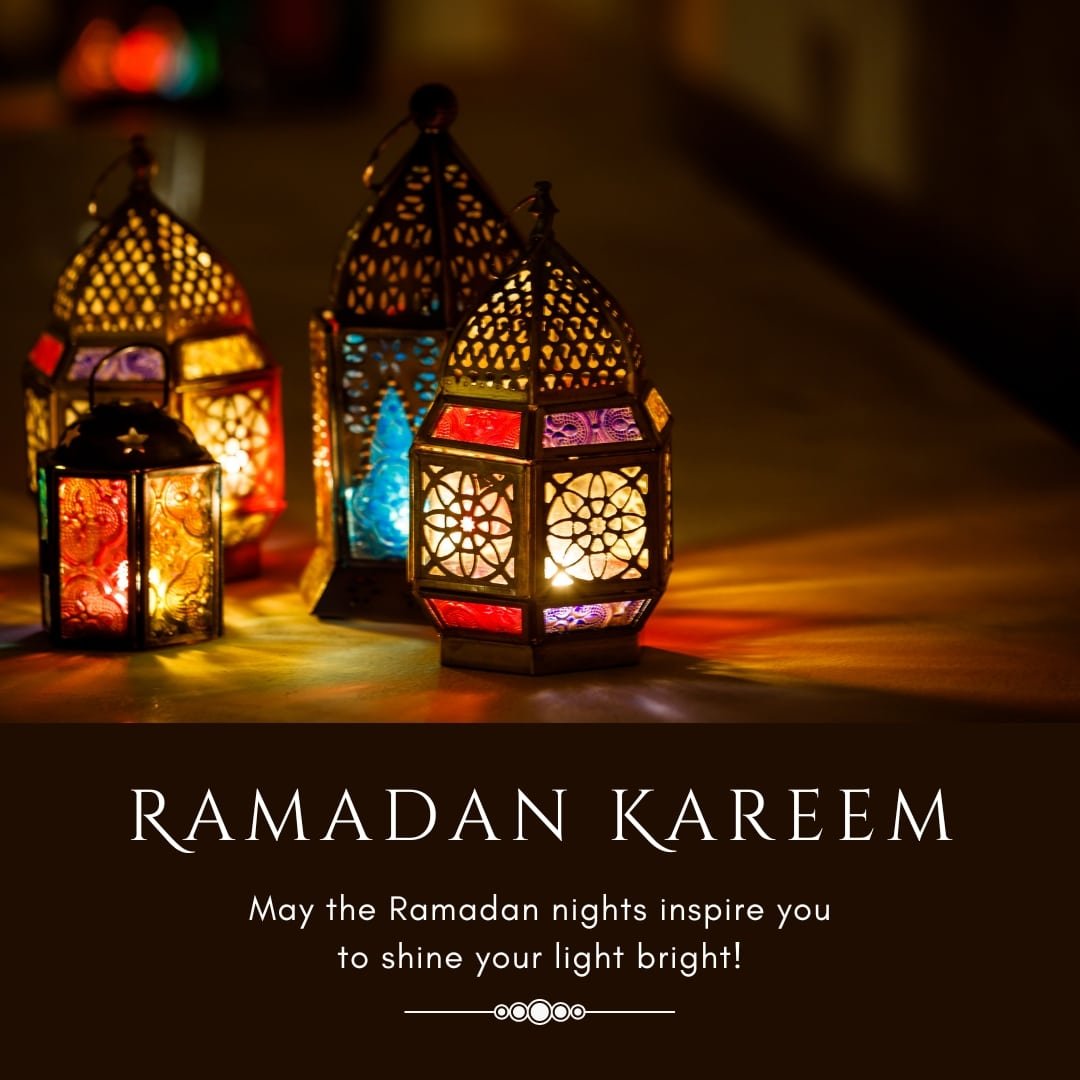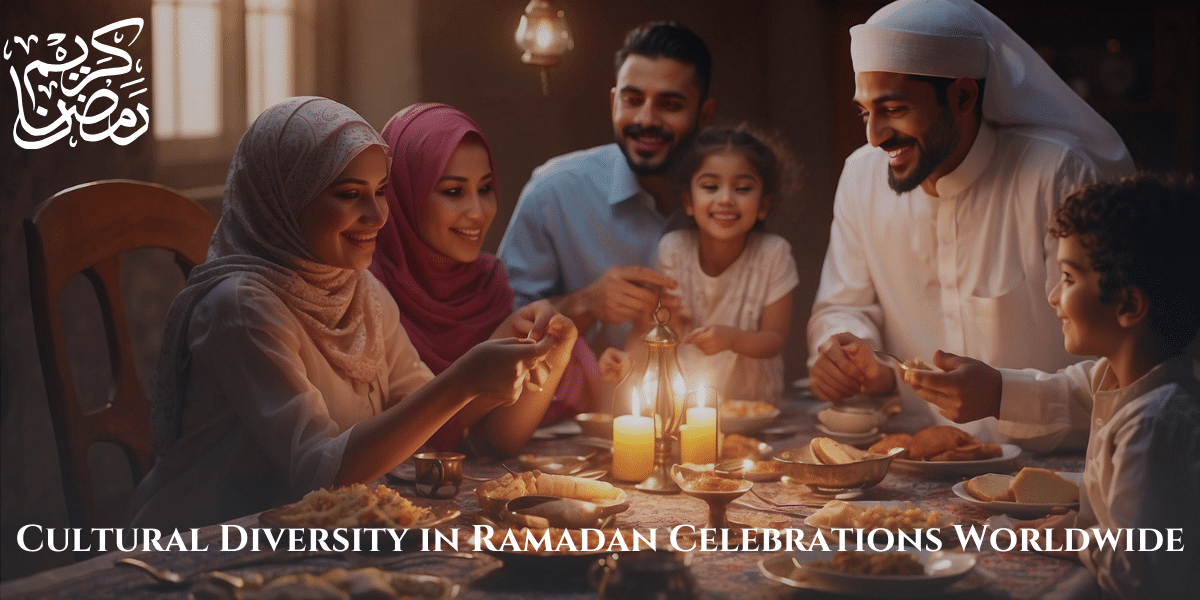
Ramadan stands as the most sacred month on the Muslim calendar globally. Fasting from dawn to dusk, families and friends come together in Ramadan Celebrations. As the holy month commenced, nightly Iftar gatherings unite rich and poor alike, symbolizing a spirit of togetherness. Despite diverse traditions, it becomes a time of charitable giving, where the wealthy open their doors and share dinner buffets with those less fortunate. In the spirit of Ramadan across cultures, the essence of spiritual discipline and celebration unites hearts around the world. With a cultural diversity of more than 2 billion people worldwide, Ramadan is a time that beautifully unites Muslims across the globe. Worldwide Ramadan celebrations differ from one country to another, but the essence remains the same, which is the attainment of spirituality.
Padusan means ‘to bathe’. In Indonesia, Padusan is a ritual that Muslims perform to cleanse themselves physically and spiritually prior to the onset of Ramadan. They immerse themselves in the sacred natural pools, to prepare their bodies physically and mentally to get ready for fasting and prayers throughout the month.
The most enchanting worldwide Ramadan traditions is the Fanous, or Ramadan lanterns taking flight like heavenly lights across the night sky.
In the lively neighborhoods of Egypt, these brightly colored lamps light up the evenings, making them a symbol of the special month and adding vibrancy to the celebration.
Legend has it that in 969, Egyptians welcomed Caliph Moezz Eddin Allah to Cairo by illuminating his path with hundreds of lanterns, marking the origins of this captivating tradition. Now these lanterns have become a universal symbol of Ramadan celebrations across the globe.
In Turkey, there is a tradition of waking up at the time of Suhoor to the rhythmic beats of a drum. Local people dressed up in their traditional Ottoman attire, carrying their davul (drum) traverse the streets, calling people to rise.
Many people share their suhoor with them as a token of appreciation for their efforts. Some families may also offer a modest tip to them in gratitude for the joy brought by this traditional singing and drumming.
During Ramadan, as the day sets in Iraq, people of all generations come together to enjoy Iftar feasts, followed by shopping and leisurely strolls through vibrant, illuminated streets. Rooted in ancient traditions, numerous Iraqi men come together in two groups of 20-250 people after breaking their fast for a spirited game of “muheibes.” This engaging activity involves passing a ring beneath a cloth, challenging participants to guess the true ring holder solely through keen observation of body language. This game, handed down through generations, not only represents a local custom but has also evolved into a feature of national championships.

Considering the worldwide Ramadan celebrations, Morocco, has a distinctive method of waking up Muslims for Suhoor. The town crier in Morocco known as the “nafar,” takes on the role of waking up families for suhoor during the dawn prayer. Carrying a musical horn, these men stroll through neighborhoods dressed in the traditional gandora, a hat, and slippers, singing wake-up prayers through the streets and laneways before the sun has risen in the sky.
One of the oldest worldwide Ramadan traditions is Midfa al Iftar, the firing of cannons to symbolise the time of Iftar, the time to break the fast.
This unique Ramadan tradition was started nearly 200 years ago in Egypt when ruler Khosh Qadam unintentionally fired a cannon at sunset. The sound of a boom echoed through the streets of Cairo, and the people interpreted it as a signal to break their fast, turning it into a beloved tradition.
This popular tradition crossed cultural diversities across the Gulf countries as a meaningful ritual to mark the breaking of the fast.
During the second week of Ramadan, the Kuwaiti community celebrates an occasion called Gerga’aan. This is a three-day celebration ceremony that involves Kuwaiti children wearing traditional costumes and visiting homes, showcasing their attire, and singing songs in exchange for sweets and chocolates after the evening prayer.
The whole neighbourhood became vibrant with the lively presence of youngsters and the melodic tunes of blessings. This rich tradition not only captures the essence of Ramadan in Kuwait but also reflects a broader celebration of Ramadan across cultures. This tradition is believed to have started back when the beloved daughter of our Prophet Mohammed (PBUH), Hazrat Fatima (RA), distributed sweets to people for two weeks during the Holy Month.

Many Muslims in Cameroon make it a cherished tradition to open their doors for anyone just before iftar time. They extend warm invitations to anyone from outside who may be seeking a place to break their fast. Embracing the spirit of togetherness, it’s a beautiful practice that adds an extra layer of warmth and significance to the month of Ramadan in Cameroon. The generous act of breaking fast together not only fosters community but also exemplifies the essence of compassion and unity during this sacred month.
The Maldives becomes a captivating and vibrant nation during Ramadan. The Maldives have a very unique tradition known as “raivaru,” a unique style of religious poetry celebrated during the holy month of Ramadan. This ancient form of poetic expression, characterised by distinct rhythms and line patterns, adds extra beauty to the spiritual atmosphere. For many Maldivian Muslims, Ramadan becomes even more special as they engage in the recitation of these beautiful poems during worship.
In Pakistan, Ramadan is a month observed with a lot of respect, solemnity, and obedience. Throughout the nation, there is a special sense of joy as people engage in prayers, fast, and savour the simple yet glorious delights of this holy month.
The anticipation reaches its peak with the sighting of the Ramadan moon. Families prepare for sehri, the pre-dawn meal, with various dishes; streets stay busy until dawn; and mosques fill with worshippers. Shops open a few hours before iftari, and families gather for the evening meal, often with philanthropic efforts in mosques. The last ten nights of Ramadan hold special importance, as Laylat al-Qadr (the Night of Power) falls on one of the odd nights during these last ten days. Ramadan promotes a sense of faith and respect, leading to joyous Eid celebrations. When Ramadan concludes, there’s a mix of festive cheer and a tinge of sadness as the blessings bid farewell.
We believe that only education and skill development can empower youth, shaping their futures and substantiating the deprived community.
BANK DETAILS
Bank Name: Bank Islami
Account Title: Saya E Khuda E Zuljalal
Account Number: 2053-5712157-0001
IBAN NUMBER: PK60BKIP0205357121570001
Bank Name: Cashplus Bank
Account Title: Saya E Khuda E Zuljlal
Account Number: 07845728
Sort Code: 08-71-99

© SKZ Foundation TM 2017. Privacy Statement , Terms & Conditions Registered Charity No: 1200520. Head Office: 4 hollis lock, Chelmsford CM2 6RR UK. Disclaimer: SKZ Foundation is not affiliated with any external websites. SKZ Foundation is not responsible for the content of external internet sites and any links from external web sites to this site do not constitute an endorsement of that site by SKZ Foundation.
Copyright @ 2024 Single Solution. All Rights Reserved.